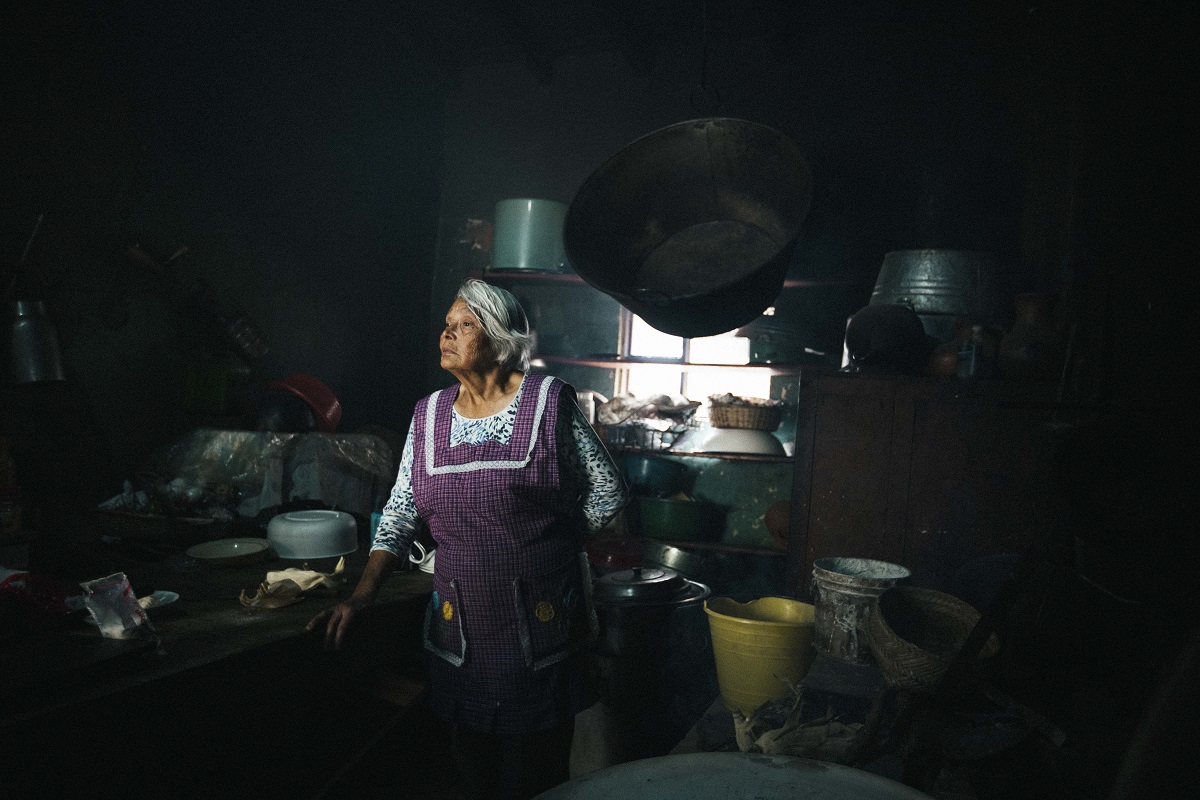It features photographs by Mexican artist Amaury Barrera and Brazilian photographer Cecilia Duarte, which form part of the TLAOLI and “Soul of Rurality” exhibitions, respectively.

San Jose, 12 March 2021 (IICA). AgroArt, the Virtual Art Museum of the Inter-American Institute for Cooperation on Agriculture (IICA), inaugurated the exhibition “Rural Chronicles”, a tribute to rural women during Women’s Month.
The museum is a space for dissemination and integration of the artistic expressions of the Americas emanating from the rich diversity of its rural areas.
The new exhibit features five photographs by Amaury Barrera, a young Mexican filmmaker, photographer, writer and composer. The photographs make up an exhibition entitled TLAOLI, which means corn seed in the indigenous Nahuatl language.
In Aztec mythology, Quetzalcoatl, the feathered serpent god, gifted corn to its people. In Mayan mythology, man was created from corn, a sacred being that continues to be worshiped.
Barrera graduated from the Ibero-American University of Mexico with a major in Film. He also studied literature and poetry at the Mexican School of Writers and music in various schools, with a specialization in Composition.
The works included in the exhibition are “La milpa se da mejor en la montaña” (“Cornfields do better in the mountains”), “El maíz es morado como las venas” (“Corn is purple like veins”), “Aquí puse este altar para mi esposo. Así él regresa” (“I set up this altar for my husband, that way he’ll return”), “Yo vi nacer a la mitad del pueblo. Fui partera” (“I witnessed half this town being born; I was a midwife”) and “Cuidar la milpa es ser la resistencia” (“Caring for cornfields makes you part of the resistance”).
“Rural Chronicles” also includes 15 images from the photographic exhibition “The Soul of Rurality”, which portrays the daily lives of women who work the land in Jujuy, Argentina; Pará, Brazil; Treasure Beach, Jamaica; and Antigua, Guatemala.
The photographs were taken by renowned Brazilian photographer Cecilia Duarte, as part of a partnership between IICA and Vogue magazine that seeks to draw public attention to these rural women: true examples of resilience, courage and sisterhood.
“The Soul of Rurality” was previously exhibited in São Paulo, Brazil; Buenos Aires, Argentina; Washington, D.C., United States; and at IICA Headquarters in San Jose, Costa Rica before the pandemic began, where it was visited by thousands of high school students in the Costa Rican capital.
AgroArt / IICA’s Virtual Art Museum: https://agroart.iica.int/
More information:
Institutional Communication Division of IICA
comunicacion.institucional@iica.int











